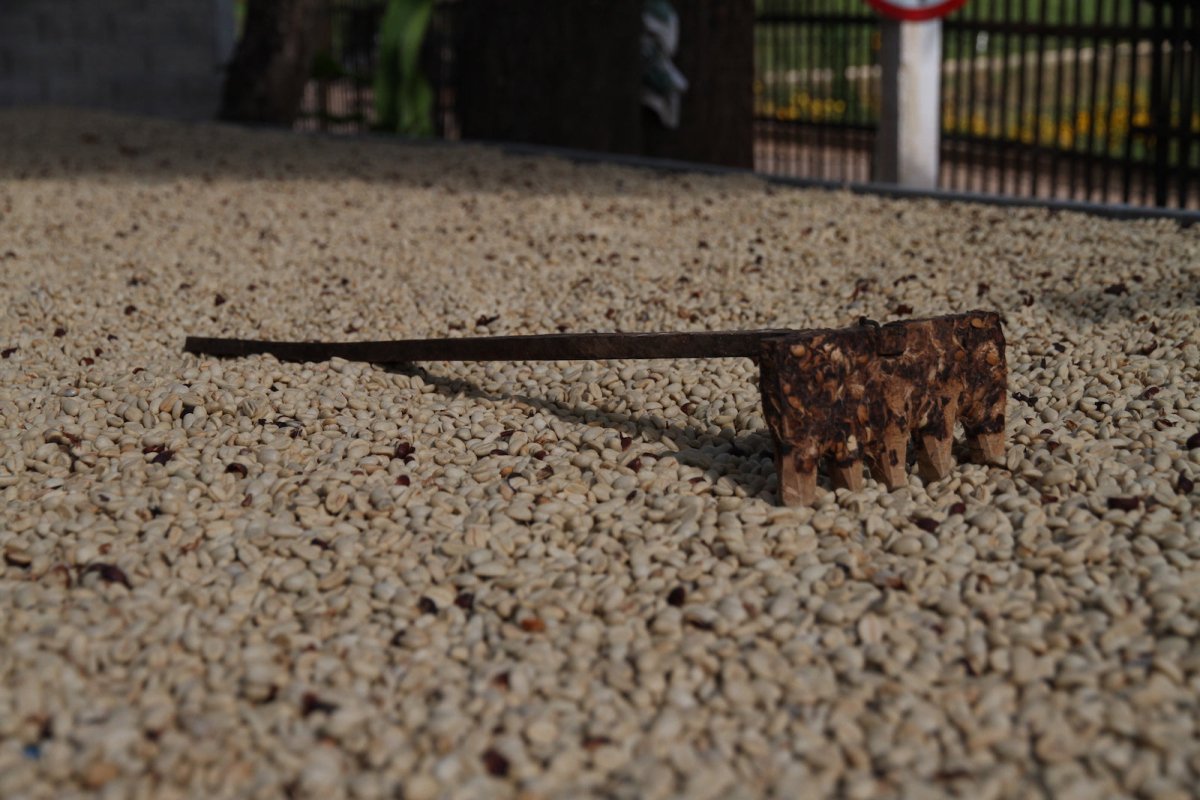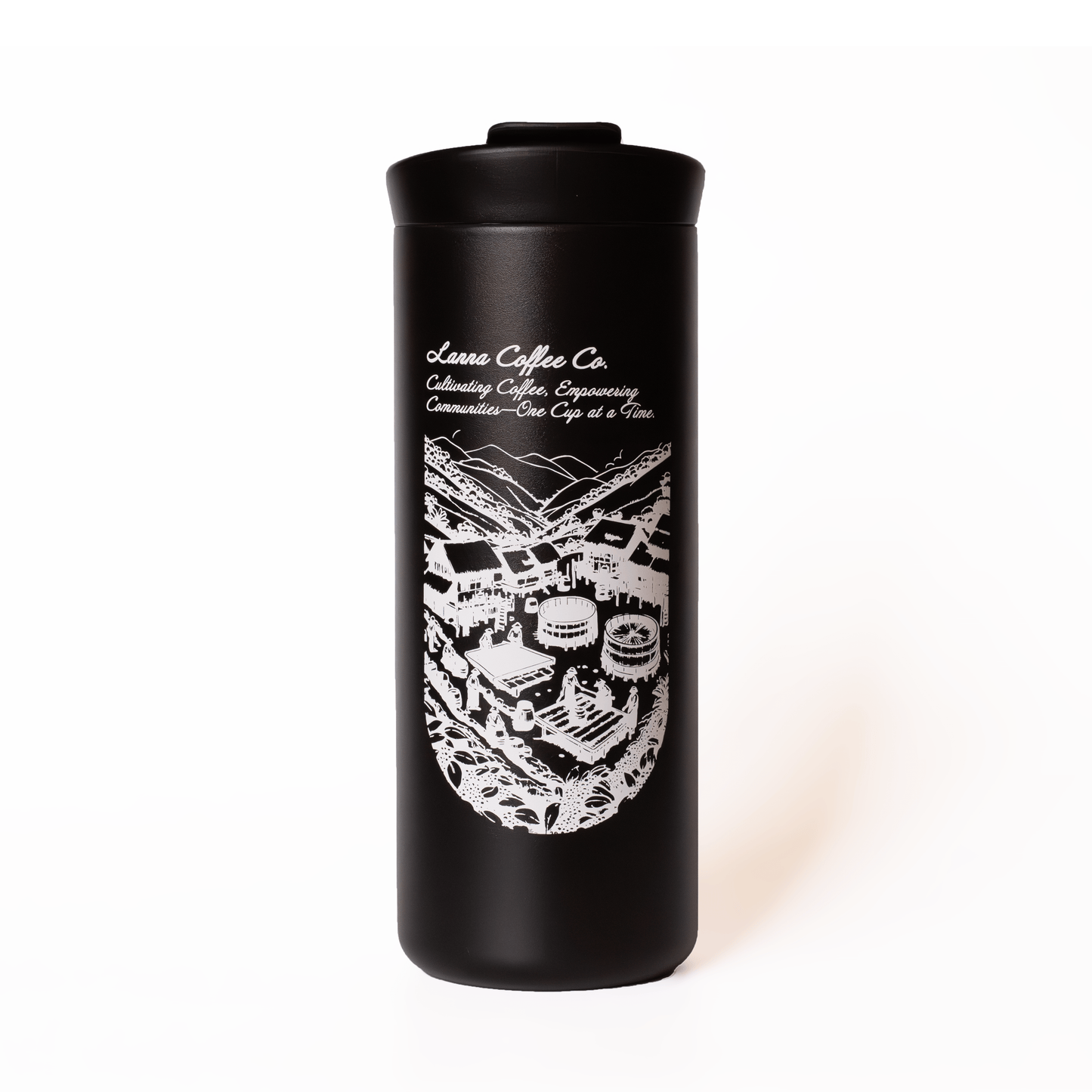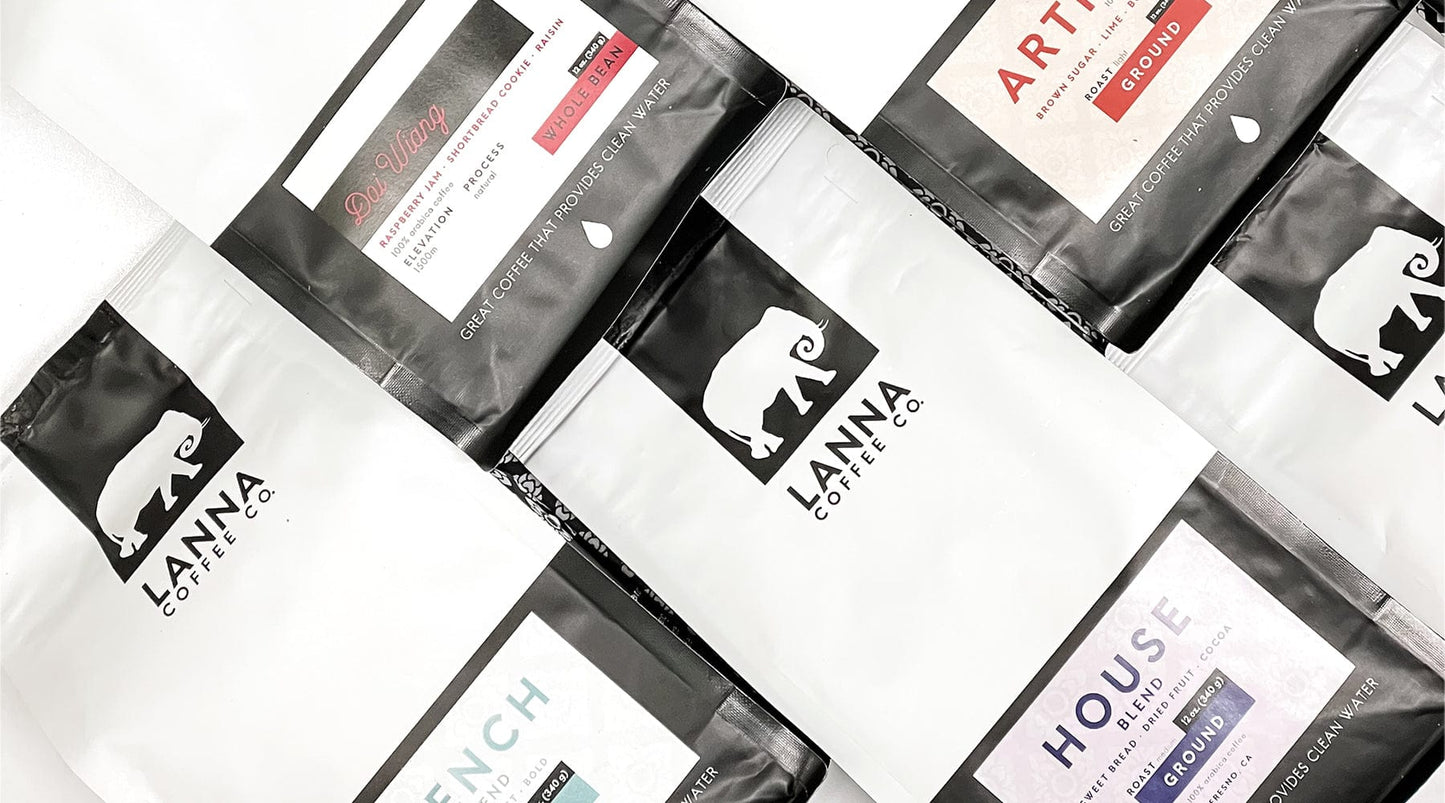
A topic that has become increasingly important with our current generation of shoppers is eating and drinking “clean.” While clean doesn’t involve running your food through some sort of rinse cycle, it does involve consuming food that is free from additives. These additives often include chemicals and pesticides. Since the products that we put into our body serve as fuel for the days ahead, it’s important to be mindful of these products and select ones that improve our overall well-being.
At this point you’re probably wondering, “That sounds great, but what does this have to do with coffee? This is a coffee blog right?” In an article from Consumer Reports they found “a third of Americans believe there’s a legal limit on the number of different chemicals allowed on food” (Rangan, 2015). It turns out though there in fact isn’t a legal limit on the number of pesticides in your food. Consumer Reports reports that “almost a third of the produce the USDA tested had residues from two or more pesticides (Rangan, 2015). The same articles goes on to write that the effects of combining pesticides are “untested and unknown” (Rangan, 2015).
How Lanna Keep's Your Coffee Free from Chemicals
Now that we’ve established the impact and pervasiveness of pesticides, let's talk about what we’re doing to keep your coffee free from harmful chemicals. In Thailand, our farmers do fertilize! Now before you run for the hills, it’s important to know that our farmers use a kind of natural fertilizer. You see there are by-products of harvesting and processing coffee that can be used in order to give back to the earth and bring nutrients to the coffee trees. For example, the ‘parchment’ that is taken off of the coffee beans when they’re hulled leaves a thin and yellow papery shell that we take from Chiang Mai (where our hulling equipment is located) back up to the villages. Once the parchment arrives at the villages, it’s placed around the base of the trees allowing it to decompose over time.
 You can see the beans start yellow on the left and end up more green on the right, going from the grading screens and into the buckets. The parchment gets blown out the back of the machine to then be transported
You can see the beans start yellow on the left and end up more green on the right, going from the grading screens and into the buckets. The parchment gets blown out the back of the machine to then be transported
In today’s society, being aware of what goes into your products, along with how those products are created, is extremely important. Choose coffee that not only tastes great and is ethically sourced, but is produced free from harmful chemicals. Not only will doing so help protect our planet for decades and centuries to come but eating clean can provide you with a number of benefits. All of our coffees are grown without the use of harmful fertilizers or pesticides. We do this for two primary reasons:
- Cost - The cost of additional inputs increases the cost of the coffee and can affect the farmer's ability to make a profit
- Cleanliness - If we can keep our coffee as pure as possible, and use other remedies to eliminate unwanted bugs and disease, then it's a win for everyone.
With each bag of coffee you purchase from Lanna Coffee, we are keeping both the farmers and you safe for the long term!
Is Lanna Coffee Organic?
As we finish up this article, I'd like to finish by addressing a question we commonly receive. Is Lanna coffee organic?
We receive this question often and we respond that it’s as close to organic as possible, without the official organic seal on the bag. This is due to the cost of the organic certifications that each Thai village would incur, which would require us to raise the price of our coffee. All farming practices that we take in the coffee fields operate with an organic mentality, but we have not taken the plunge to have the certification and seal. Rest assured that what are you consuming is clean, safe, and delicious!
Rangan, U. (2015) Eat the Peach Not the Pesticide. Retrieved from https://www.consumerreports.org/cro/health/natural-health/pesticides/index.htm

